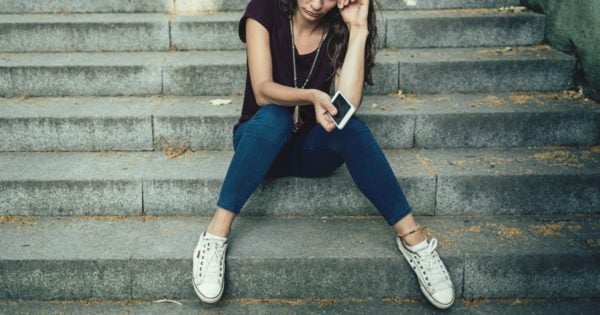I wish I could say there was a single, light bulb moment where I knew I had to get help with my anxiety. I wish I could say I woke up one morning, had an epiphany that enough was enough, and knew exactly what to do and what to say to make it better.
But that’s not how it works. At least, that’s not how it worked for me.
Instead, getting help with my anxiety has been like a long, steep staircase that I just had to keep climbing. The climb is worth it, of course; but every step means there is something different, something new that needs to be faced.





Top Comments
I've had anxiety (general and social) since I was a child, but wasn't diagnosed until I was nearly 20. I think it was a mix of stigma, denial, and ignorance that made me wait so long, and for that It's taken a huge toll on my life. I empathize with you so much. I'm so glad we've gotten help.
Good on you :)